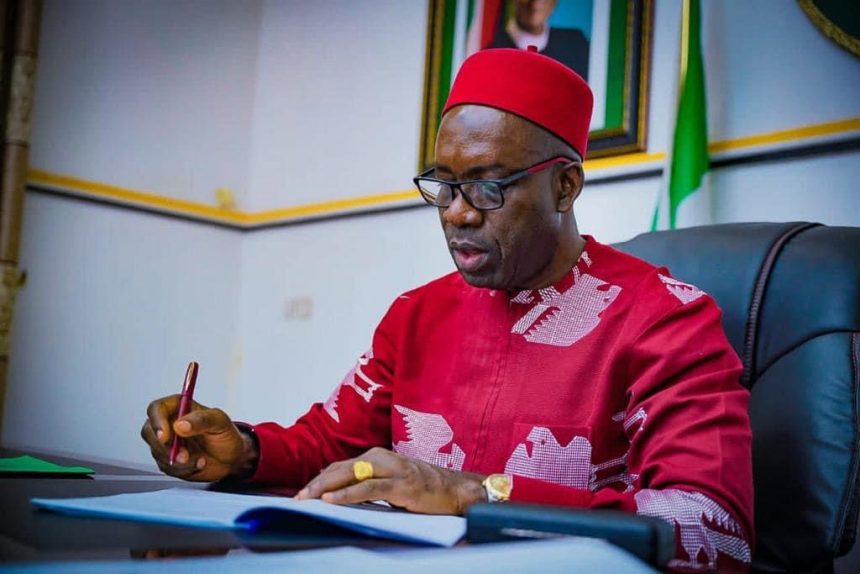The Anambra State Government has launched a new campaign to enhance the appearance of cities across the state. The initiative, called Operation Repaint Your Buildings (Ka Anambra Chakee), targets old and unpainted structures in urban areas.
The Ministry of Environment announced the programme in a public notice dated June 17. The move aims to improve the visual appeal and environmental health of cities such as Awka, Onitsha, Nkpor, Nnewi, and Ekwulobia.
Starting July 1, inspection teams will begin visiting properties. Officials will focus on buildings that have not been painted in more than ten years or are visibly deteriorating. According to Commissioner for Environment Felix Odimegwu, the exercise will help improve public spaces and strengthen the quality of urban life.
The policy is backed by the Anambra State Environmental Management, Protection and Administration Law of 2024. This law gives the state authority to enforce rules on property maintenance in public-facing areas, known locally as anyaora zones.
Property owners and organisations with buildings in these areas must repaint or renovate their premises to avoid penalties. The ministry explained that clean and well-maintained buildings are essential for creating a livable and eco-friendly environment.
The directive has drawn sharp criticism from opposition figures. George Moghalu, the Labour Party’s gubernatorial candidate, condemned the move. He described it as oppressive and disconnected from the current economic reality.
According to Moghalu, the administration is failing in key areas such as infrastructure, healthcare, and job creation. He said it was unfair for the government to demand cosmetic changes while ignoring deeper issues. He also questioned whether the government had provided any form of support to help citizens comply.
Moghalu stressed that urban renewal must be built on consultation and fairness. He called for the immediate suspension of the directive and urged the government to engage with local communities and stakeholders.
Although he supports clean cities and environmental progress, he warned that policies must be people-focused, not punitive. Without financial support or public dialogue, he argued, the programme risks alienating the very citizens it claims to serve.




